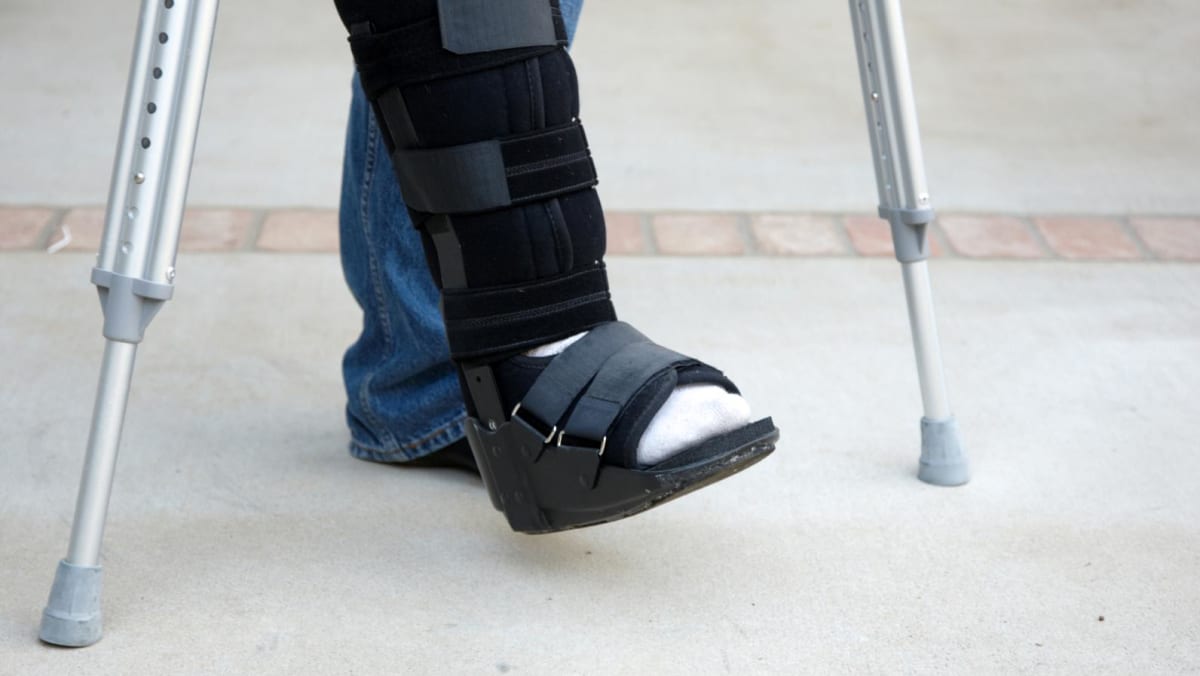The private investigators CNA spoke to said their work can take anywhere from a day to two weeks.
Mr Tan from Asia Top charges S$1,800 for up to eight hours of surveillance on weekdays, and S$2,100 on weekends.
Two licensed private investigators will follow the subject to gather photo and video evidence of his or her activities, and produce a report for the client which can also be submitted to court as evidence, said Mr Tan. Investigators are sometimes also called to testify in court to back up their report.
“We don’t try to force the narrative into one direction. However, if let’s say the worker indeed is faking injury, what we do is we try to focus on that specific body part which she claims is injured and is not functioning well,” he said.
One case he worked on involved a dishwasher with a finger injury who was found moonlighting as a waitress. “Her fingers are working fine because (she) can serve food, (she) can carry plates,” said Mr Tan.
Then there was an administrative worker in a private clinic who resigned and took extended medical leave citing “different ailments”. But investigators found her working for her employer’s competitor during her notice period.
According to Mr Tan, in all 15 cases his firm investigated last year, there was evidence that the injuries were feigned.
For Mark, he recalled one to three cases out of his firm’s entire portfolio where no such evidence was found.
The investigators said that after submitting their reports, they typically do not keep track of cases all the way to resolution.
But Mark has received feedback from some clients, of employees withdrawing their work injury claims after being confronted with the evidence.
Lawyer Ray Louis told CNA he once advised an employer in a dispute with a cleaner, who filed a claim for a back injury from a fall. An investigator followed her and obtained evidence of her moving around “normally”.
Mr Louis said that while this employer still could not prove that the worker’s injury was fake, he was able to show that it was not as serious as she had made it out to be. “It forced the claimant to settle at a lower amount,” said the lawyer.
CNA has also contacted business associations to ask if fraudulent work injury claims are an issue among its members.
The last known case to be publicised was in 2021, when two foreign workers were convicted for making fraudulent WICA claims in 2019. According to an MOM release, one was found to have staged a fall, while the other said his injury was sustained at work when it did not.
